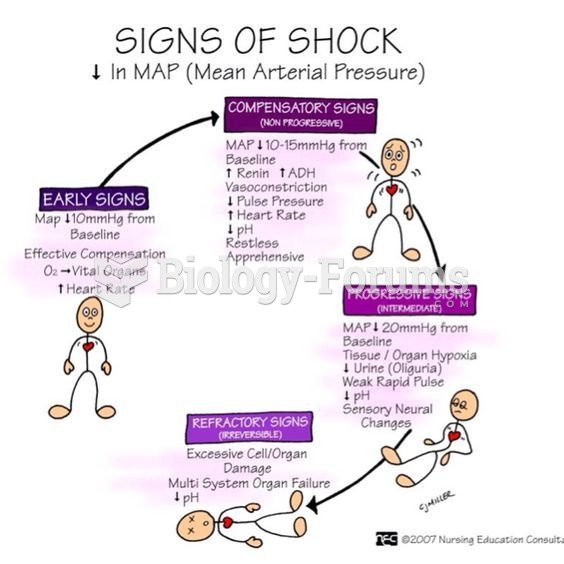This topic contains a solution. Click here to go to the answer
|
|
|
Did you know?
Addicts to opiates often avoid treatment because they are afraid of withdrawal. Though unpleasant, with proper management, withdrawal is rarely fatal and passes relatively quickly.
Did you know?
Multiple experimental evidences have confirmed that at the molecular level, cancer is caused by lesions in cellular DNA.
Did you know?
About 600,000 particles of skin are shed every hour by each human. If you live to age 70 years, you have shed 105 pounds of dead skin.
Did you know?
In 2012, nearly 24 milliion Americans, aged 12 and older, had abused an illicit drug, according to the National Institute on Drug Abuse (NIDA).
Did you know?
The Babylonians wrote numbers in a system that used 60 as the base value rather than the number 10. They did not have a symbol for "zero."
 Basic sliding effleurage to the lower leg. Apply from heel of foot to knee. Conform hands to contour ...
Basic sliding effleurage to the lower leg. Apply from heel of foot to knee. Conform hands to contour ...
 Apply direct pressure along upper trapezius, turning the head to access the area. Use your thumb to ...
Apply direct pressure along upper trapezius, turning the head to access the area. Use your thumb to ...





